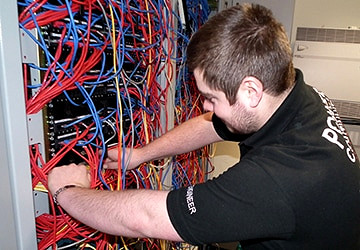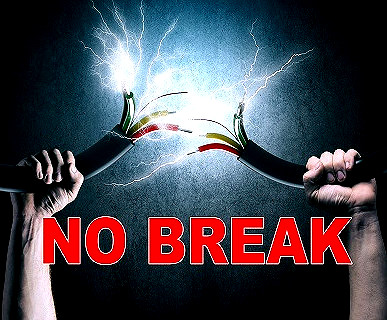Ensuring Reliability: The Role of Emergency Power Systems and Diesel Generator Installation
December 16, 2023 - 0 COMMENTS

In a world where uninterrupted power is crucial, especially in critical situations, the significance of emergency power systems cannot be overstated. Among the various options available, diesel generators stand out as robust and dependable solutions, providing reliable backup power when needed the most.
Understanding Emergency Power Systems
Emergency power systems are designed to ensure continuity during power outages or emergencies, safeguarding operations in various settings such as hospitals, data centers, manufacturing plants, and residential buildings. These systems offer a lifeline during blackouts or when the primary power source fails.
The Backbone: Diesel Generator Installation
Among the array of emergency power systems, diesel generators have been a preferred choice due to their reliability, efficiency, and ability to handle heavy loads. Their installation plays a pivotal role in establishing a dependable backup power source.
Key Components and Installation Process
Diesel generators comprise several key components, including the engine, alternator, fuel system, and control panel. Proper installation involves a strategic approach to ensure optimal functioning:
- Site Assessment: Before installation, a thorough assessment of the site is essential. Factors like available space, ventilation, and proximity to fuel sources are considered for the generator’s placement.
- Foundation Preparation: A robust foundation is crucial for stability and vibration control. It involves excavation, concrete pouring, and curing, adhering to industry standards.
- Fuel System Setup: An efficient fuel system design ensures a consistent and uninterrupted fuel supply. Proper piping, storage, and fuel quality management are integral to the setup.
- Electrical Connections: Precise electrical connections and wiring between the generator and the building’s electrical system are critical for seamless power transfer.
- Exhaust and Ventilation: Installation includes the setup of exhaust systems and proper ventilation to ensure safe emission of gases and heat dissipation.
- Testing and Commissioning: Rigorous testing and commissioning are conducted post-installation to validate the generator’s functionality and integration with the existing system.
Benefits of Diesel Generators in Emergency Scenarios
The installation of diesel generators offers a multitude of benefits:
- Reliability: Diesel generators are known for their reliability and ability to start and run for extended periods without interruptions.
- Load Handling: They are capable of handling heavy loads, making them suitable for critical applications like hospitals and data centers.
- Fuel Efficiency: Diesel engines are more fuel-efficient compared to their gasoline counterparts, ensuring longer run times without frequent refueling.
- Longevity: With proper maintenance, diesel generators have a longer lifespan, providing consistent backup power for years.
Compliance and Regulations
The installation of emergency power systems, including diesel generators, must adhere to specific regulations and codes established by local authorities. Compliance ensures safety, environmental responsibility, and optimal performance.
Maintenance and Service
Ensuring the longevity and efficiency of diesel generators necessitates regular maintenance and servicing. Scheduled inspections, fluid checks, and component testing are integral to prevent unexpected failures during emergencies.
Future Trends and Innovations
The landscape of emergency power systems continues to evolve with advancements in technology. Innovations such as smart monitoring systems, remote diagnostics, and integration with renewable energy sources are shaping the future of backup power solutions.
Conclusion
The significance of emergency power systems, particularly diesel generator installations, in maintaining operational continuity during power outages cannot be understated. Their reliability, efficiency, and robustness make them indispensable in various critical settings. Proper installation, adherence to regulations, routine maintenance, and embracing technological advancements are pivotal in ensuring these systems stand ready to provide uninterrupted power when it’s needed the most.









